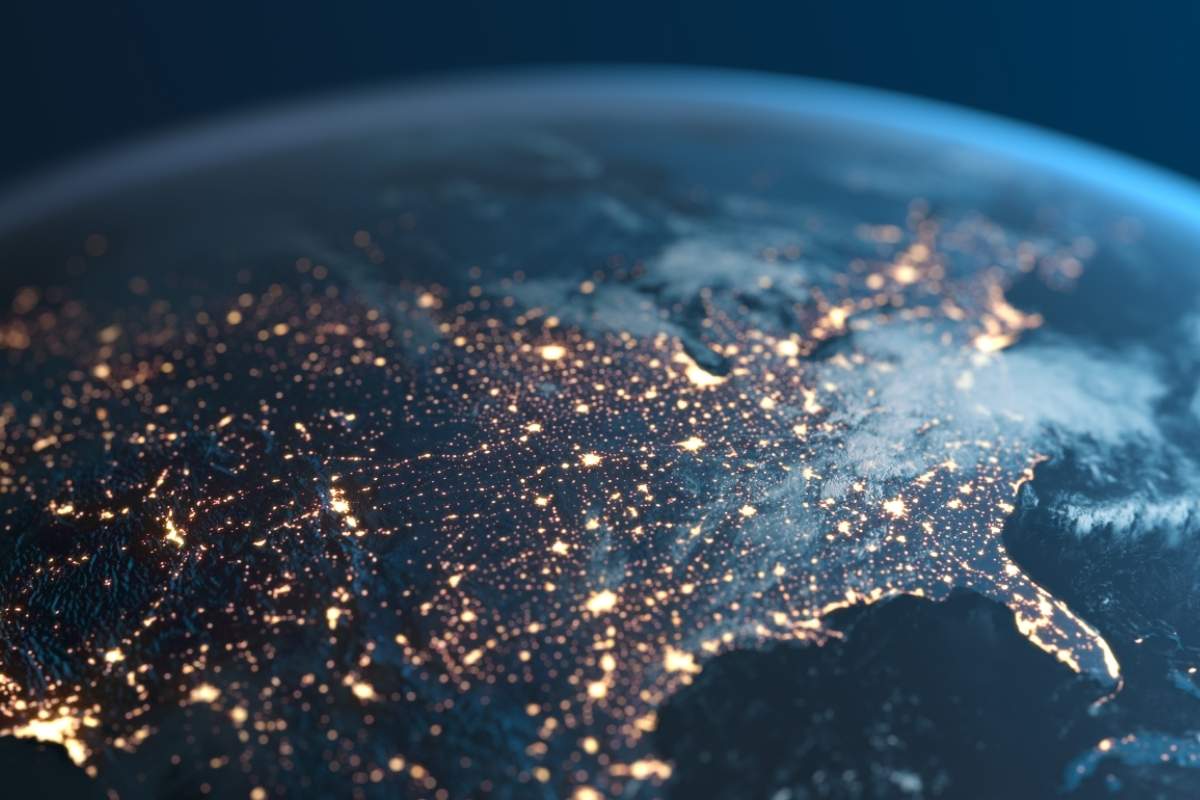The global political and economic landscape is undergoing a seismic shift. Emerging powers like China, India, Brazil, and others are challenging the traditional dominance of Western nations, reshaping alliances, trade routes, and geopolitical strategies. This transition marks a pivotal moment in world history, with implications for international governance, economic policies, and security structures. In this article, we explore how these emerging powers are redefining the world order and what the future may hold.
The Rise of Emerging Powers
Historically, the global order has been dominated by Western powers, particularly the United States and European nations. However, in the 21st century, rapid economic growth, technological advancements, and strategic geopolitical moves have positioned several emerging nations as key players on the global stage. Some of the most influential emerging powers include:
- China: With its Belt and Road Initiative (BRI) and a rapidly growing economy, China is asserting itself as a global leader.
- India: As the world’s largest democracy and a rising technological hub, India is gaining geopolitical and economic influence.
- Brazil: As the economic powerhouse of South America, Brazil is playing an increasing role in global trade and environmental policies.
- Russia: Although not traditionally classified as an emerging power, Russia’s strategic geopolitical maneuvers have reshaped global diplomacy.
- South Africa and ASEAN nations: These regions are also rising as influential players in economic and security matters.

Economic Shifts and Trade Realignments
The growing influence of emerging powers is altering global trade dynamics. Some key trends include:
- Bilateral Trade Agreements: Nations like China and India are bypassing traditional Western trade institutions and forming their own agreements, reducing reliance on Western markets.
- De-dollarization: The move away from U.S. dollar dominance in global transactions, with countries increasing the use of alternative currencies like the Chinese yuan.
- New Trade Routes: The Belt and Road Initiative is creating new infrastructure that facilitates global trade, particularly in Asia, Africa, and Europe.
Political and Military Realignments
As economic influence grows, so does political and military power. Some notable shifts include:
- Multipolar World Order: The unipolar dominance of the U.S. post-Cold War is giving way to a multipolar system with several influential global players.
- New Alliances: Organizations like BRICS (Brazil, Russia, India, China, South Africa) and the Shanghai Cooperation Organization (SCO) are challenging Western-led alliances like NATO and the G7.
- Military Expansion: Countries like China are significantly expanding their military capabilities, including space technology and cyber warfare strategies.

The Impact on Global Institutions
Global governance institutions, including the United Nations, the World Bank, and the International Monetary Fund (IMF), are also facing challenges as emerging powers demand more representation. Some key developments include:
- Calls for Reform: Emerging nations are pushing for changes in global governance structures to reflect new economic realities.
- Regional Organizations: Groups like the African Union, ASEAN, and Latin American coalitions are becoming more influential in global decision-making.
Challenges and Controversies
Despite their rapid rise, emerging powers face significant challenges:
- Internal Economic Issues: Many of these nations still grapple with poverty, income inequality, and corruption.
- Geopolitical Tensions: Conflicts such as the India-China border dispute and tensions in the South China Sea highlight the fragility of emerging power relations.
- Western Resistance: Established Western powers are implementing policies to counterbalance the rise of these nations, such as trade restrictions and military alliances.
The shifting world order is creating both opportunities and challenges. While emerging powers continue to reshape economic, political, and military structures, the global community must navigate this transition carefully. Whether through cooperation or competition, the impact of these new power dynamics will define the future of international relations.
As we move into this new era, the ability of nations to adapt and collaborate will determine the stability and prosperity of the global system. The world is no longer dominated by a single superpower, but rather by a complex and evolving network of influential states.


